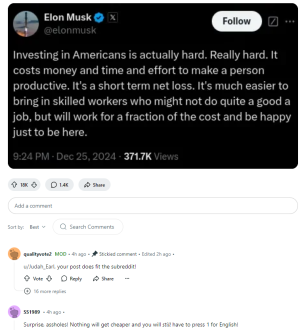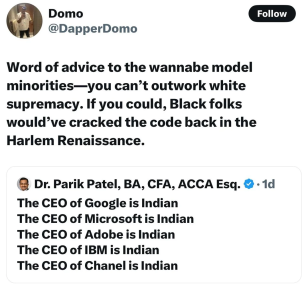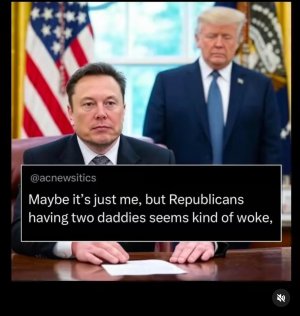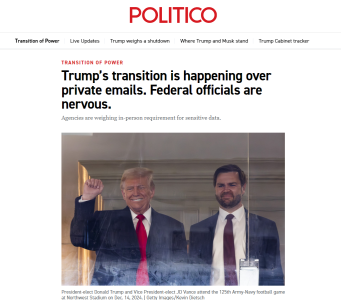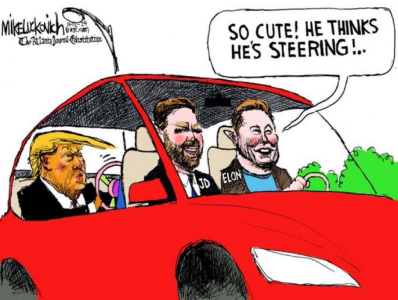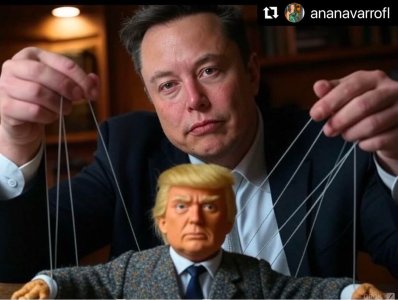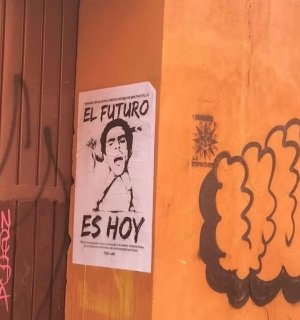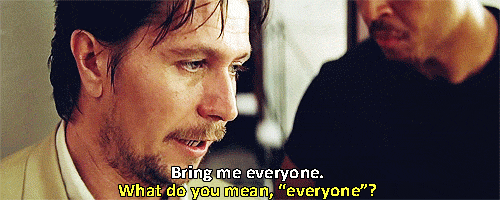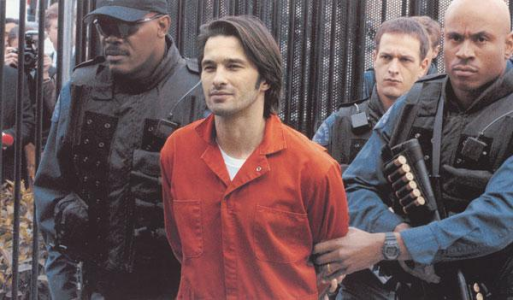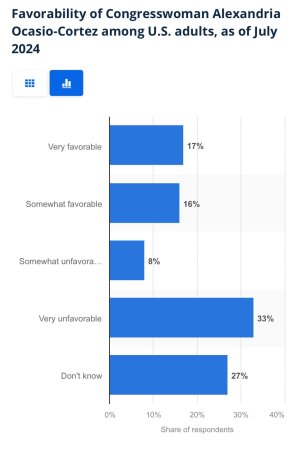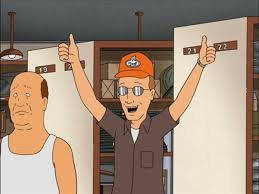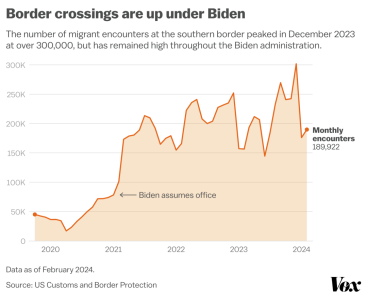PatRiley
formerly heirjordan15
- Dec 26, 2004
- 2,433
- 1,893
How do you guys feel about robotics replacing human labor, specifically in the food service industry? I was having this convo with my lady yesterday and she was saying stuff like "well what about all the people that need those jobs?" My response was that according to economomic theory that part of the labor force would shift to another industry that has high demand and low supply. If the robotics make everything more efficient, cut labor costs, which can create a more affordable product that's more accessible to the general public, all the while supporting a profitable business that will still create jobs (more focused on management/engineering/marketing/etc.), what are the considerations (if any) for the people that would hypothetically lose their jobs? Isn't this just the advancement of society as we know it and shifting the supply curve upwards via technological advancement?
Sorry if my question is vague, but thought it could be interesting to hear others opinions.
Sorry if my question is vague, but thought it could be interesting to hear others opinions.











